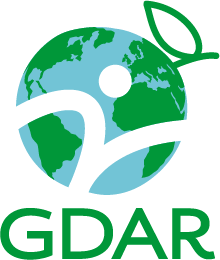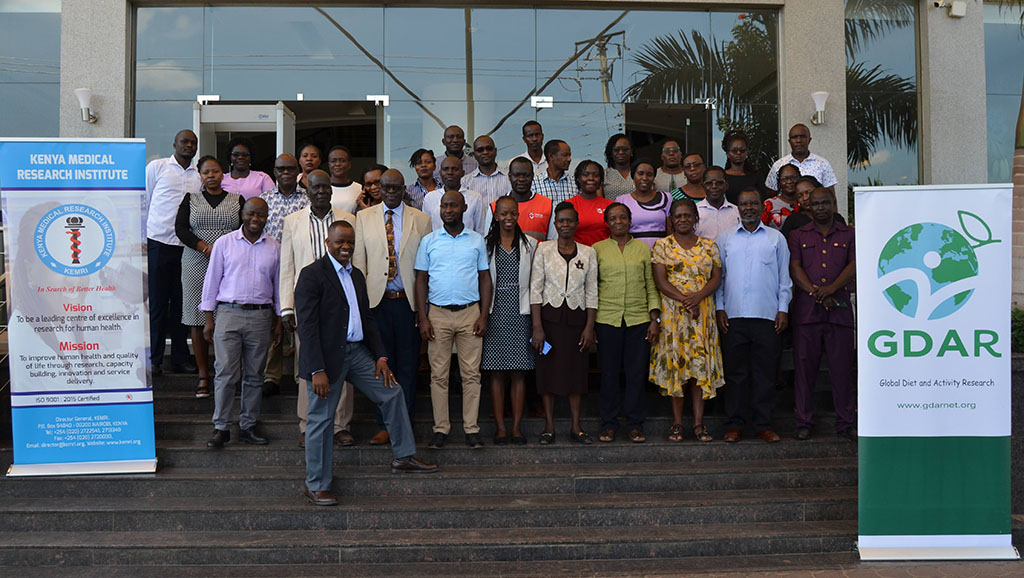Brian Otieno writes about the second stakeholder consultation in Kisumu. This blog post was originally published in The Kenya Medical Research Institute (KEMRI) Bulletin (Issue 113, p. 7).
On September 25, 2024, experts from different fields gathered in Kisumu for an important workshop focused on climate change and health. Organized as part of the ongoing GDAR (Global Diet and Activity Research) study, the event brought together specialists in health, environment, agriculture, and urban planning. Their goal was to discuss how Kisumu’s communities can strengthen their ability to cope with the challenges posed by climate change and rapid urban growth. Key stakeholders convened at a Kisumu Hotel recently for a pivotal workshop addressing the intersection of climate change and health under the Global Diet and Activity Research (GDAR) study.
The experts, who were brought together from various sectors including health, environment, agriculture, and urban planning on 25th, September 2024 sought ways through which Kisumu’s residents can build resilience in the face of climate and urbanization challenges. The workshop, a follow-up to a similar event held in June, was attended by representatives from the Kisumu County Directorates of Climate Change, Health, and Urban Planning, alongside researchers from Maseno University, Kenya Marine and Fisheries Research Institute (KEMFRI), Kenya Agricultural and Livestock Research Organization (KALRO), the Kenya Red Cross Society (KRCS), and The Kenya Medical Research Institute (KEMRI) among others. It focused on validating and disseminating the preliminary findings of the GDAR study, which examines the impact of climate change and urbanization on health, particularly in urban settings like Kisumu.
Community Impact
Officially opening the event, Deputy Director in charge of Center for Global Health Research (CGHR) in Kisumu Dr. Erick Muok, emphasized the significance of transdisciplinary research in addressing global health challenges. “Research must impact the community— that’s what qualifies it as global health research,” he stated, underscoring the need for collaborative efforts between research institutions, devolved health ministries, and local communities to drive meaningful change.
Dr. Muok also highlighted the growing challenges posed by rapid urbanization in Kisumu, particularly the rise of “high-rise slums,” which put immense pressure on infrastructure, social amenities, and health services. He pointed out how climate change exacerbates these issues, increasing the risk of flooding, disease transmission, and other environmental hazards. “Community resilience”, he stressed, “is critical for adapting to these challenges and ensuring a sustainable urban future.”
Climate change and health
The GDAR study, led by Principal Investigator Prof. Charles Obonyo, seeks to prevent non-communicable diseases by exploring the complex interplay between climate change and health in urban environments. “Our goal is to inform policies and provide solutions to pressing community health issues, but for our research to have an impact, we must work closely with all stakeholders,” said Prof. Obonyo during his presentation.
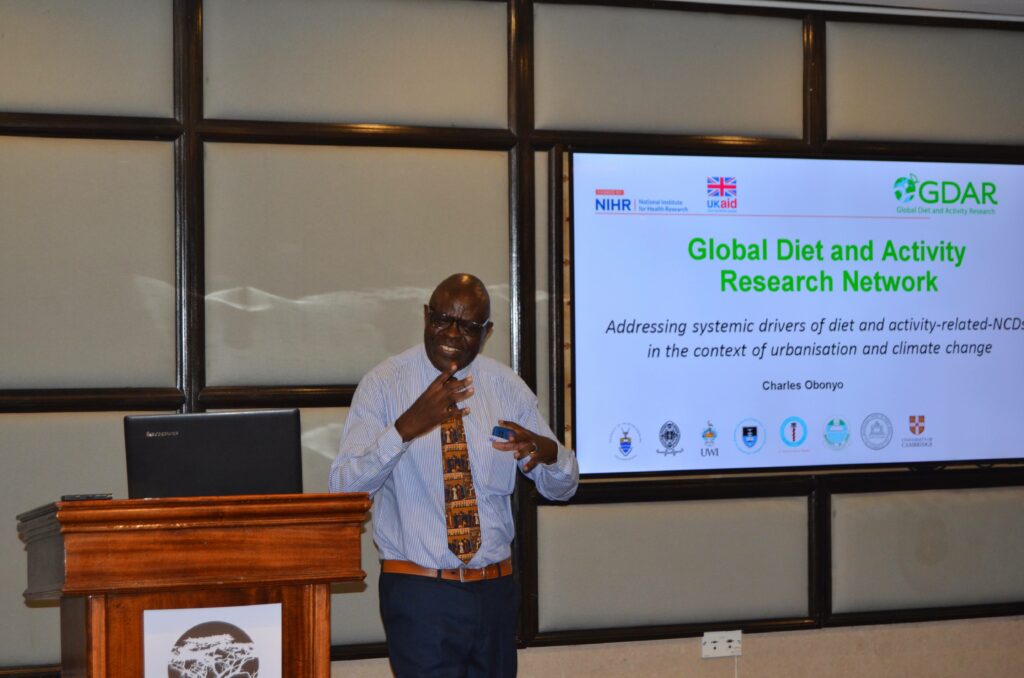
Dr. Vincent Were, the study’s Co-Principal Investigator, presented the preliminary findings, which revealed key insights into how Kisumu’s urban communities respond to climate-induced disruptions. He emphasized the importance of understanding community resilience in order to better prepare for future risks, stating, “Exploring resilience allows us to build stronger systems to withstand the impacts of climate change and urbanization.”
The workshop provided a platform for dynamic discussions, with stakeholders from different sectors offering diverse perspectives on how to address the intertwined challenges of climate change and health. One of the central findings was the urgent need for policy interventions that address the health impacts of climate change, particularly in vulnerable urban populations. Participants recognized that while climate change poses serious risks, it also presents an opportunity for collaboration across sectors to build resilient communities.
The health and resilience of Kisumu
As the GDAR study progresses, the insights gathered from this workshop will continue to inform policy decisions aimed at creating a healthier and more resilient Kisumu. Dr. Muok lauded the active participation of stakeholders and reiterated KEMRI’s commitment to working alongside state, civil society, and non-state actors to improve lives through impactful research.
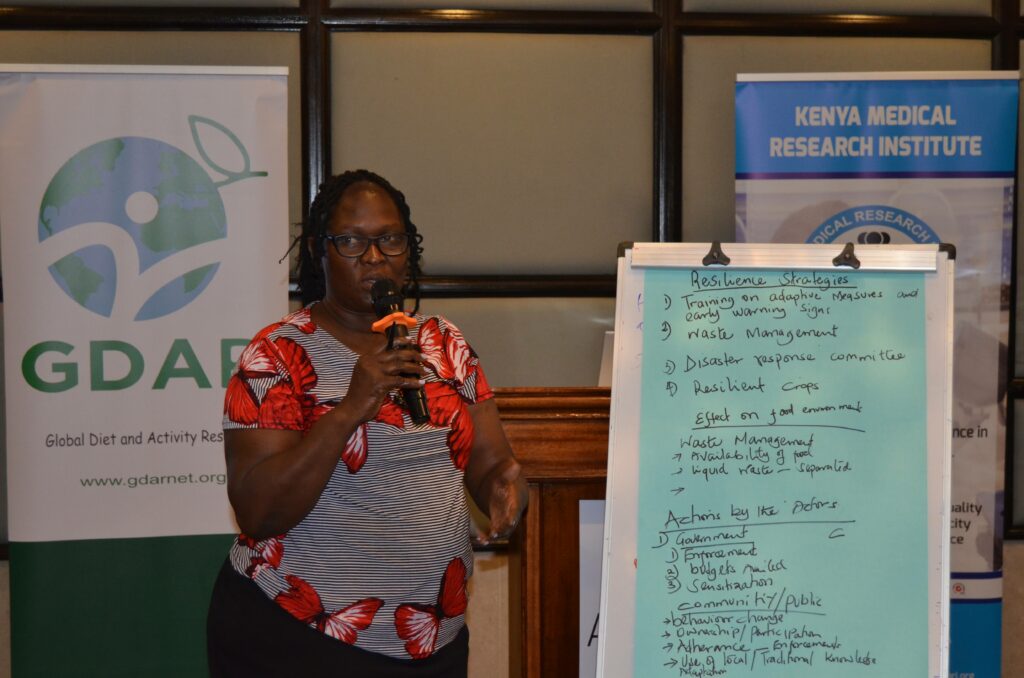
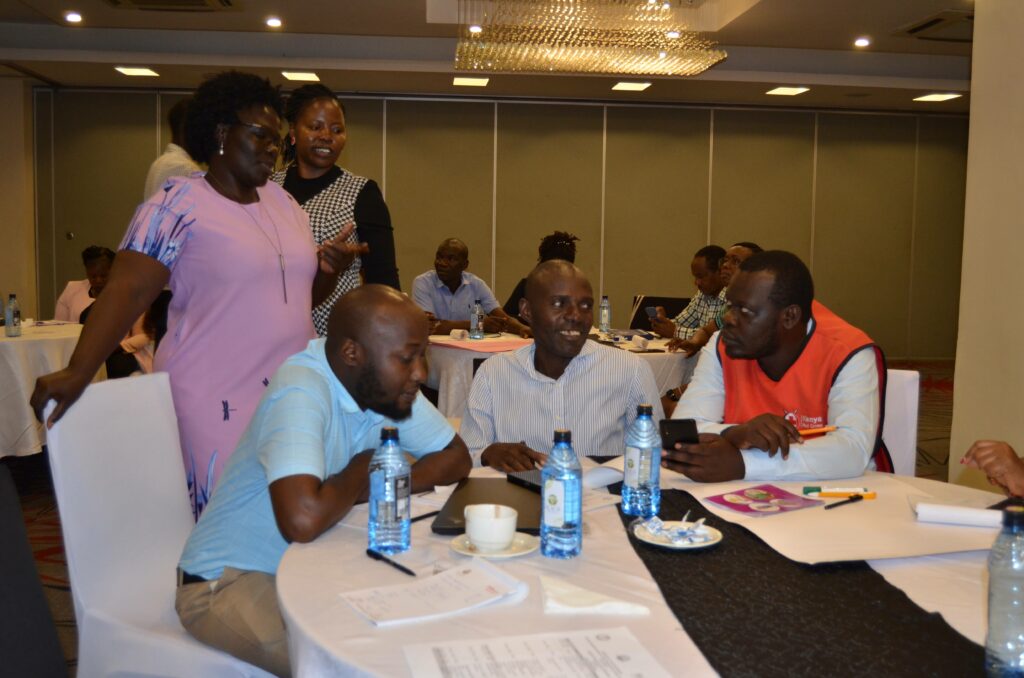
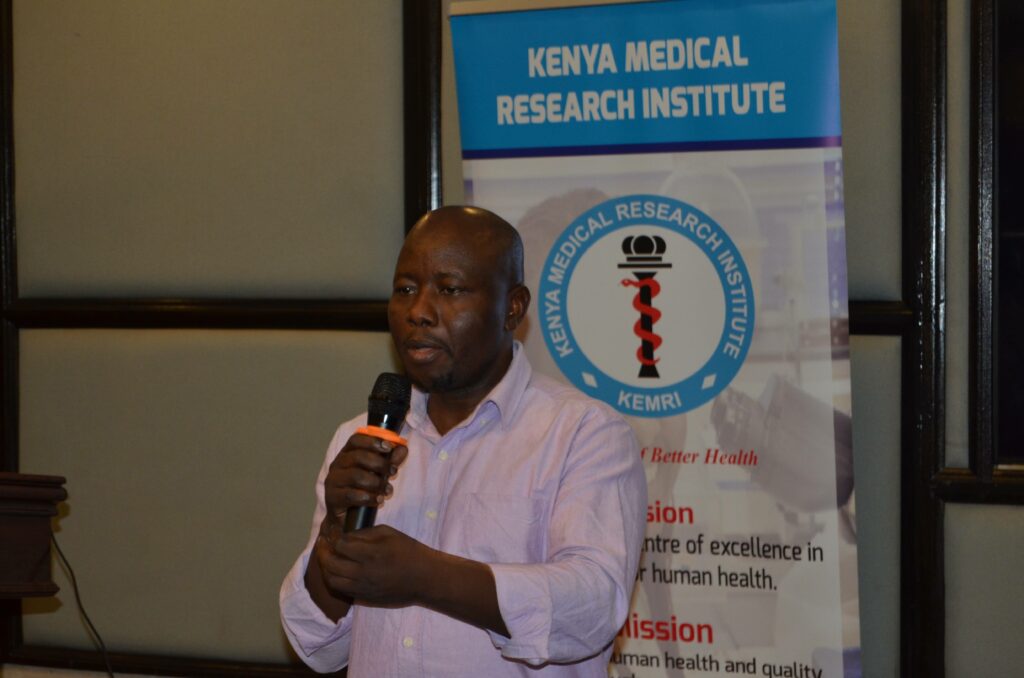
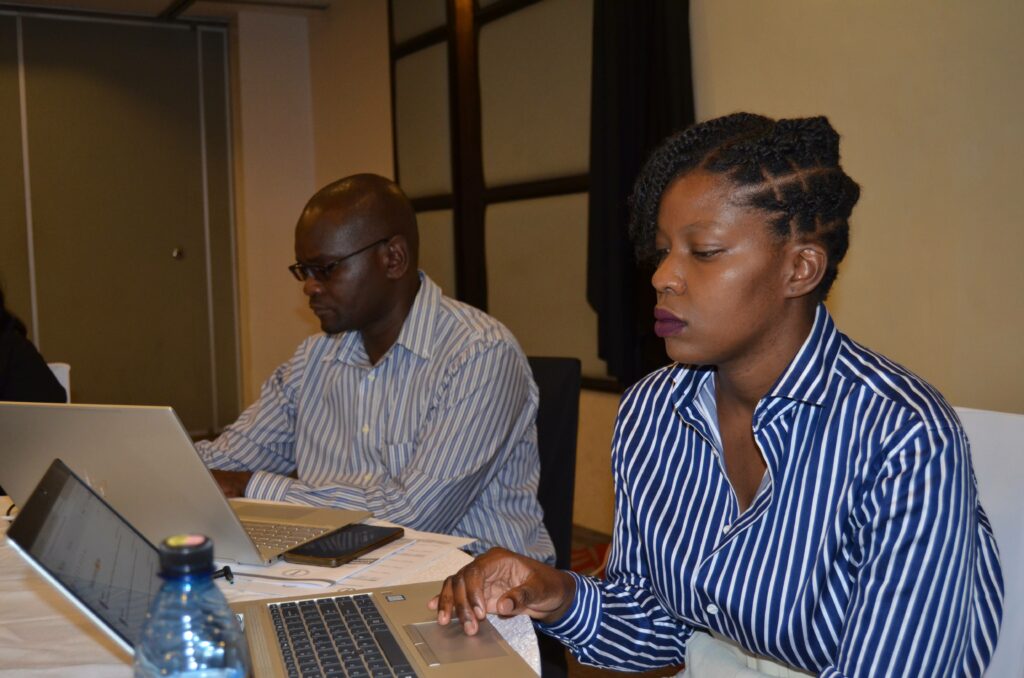
The workshop marked a significant step in Kisumu’s journey towards understanding and mitigating the health risks posed by climate change and urbanization. With continued community engagement and cross-sector partnerships, Kisumu can lead the way in sustainable development that prioritizes both human and environmental well-being.
Read the full Bulletin here:
